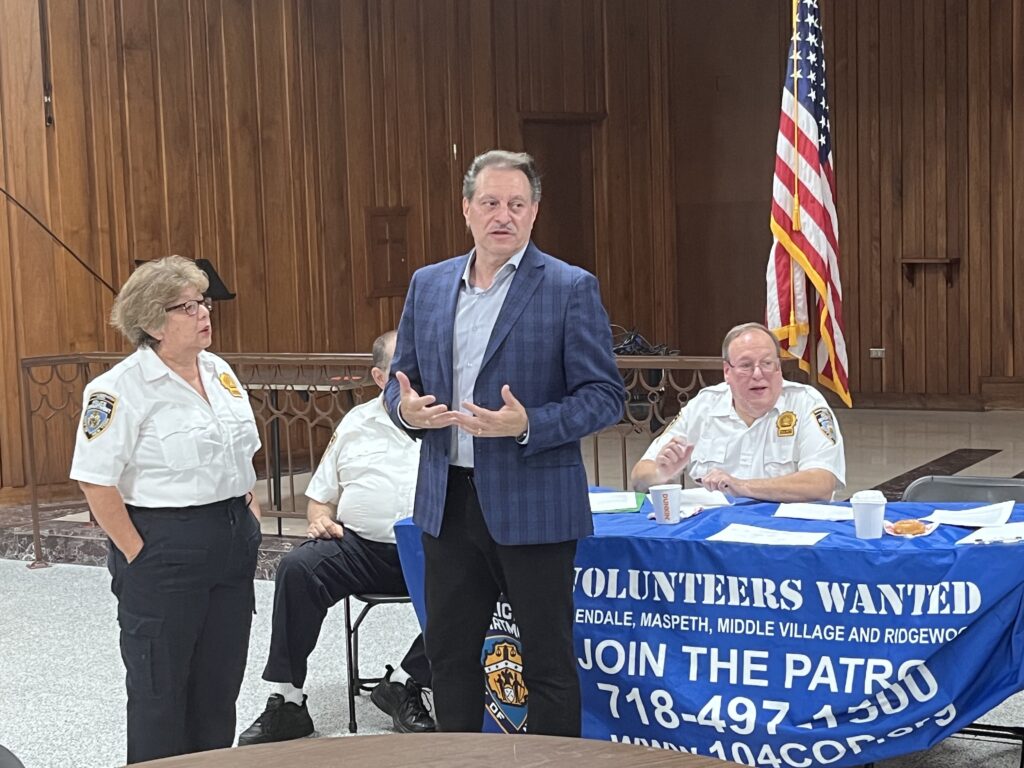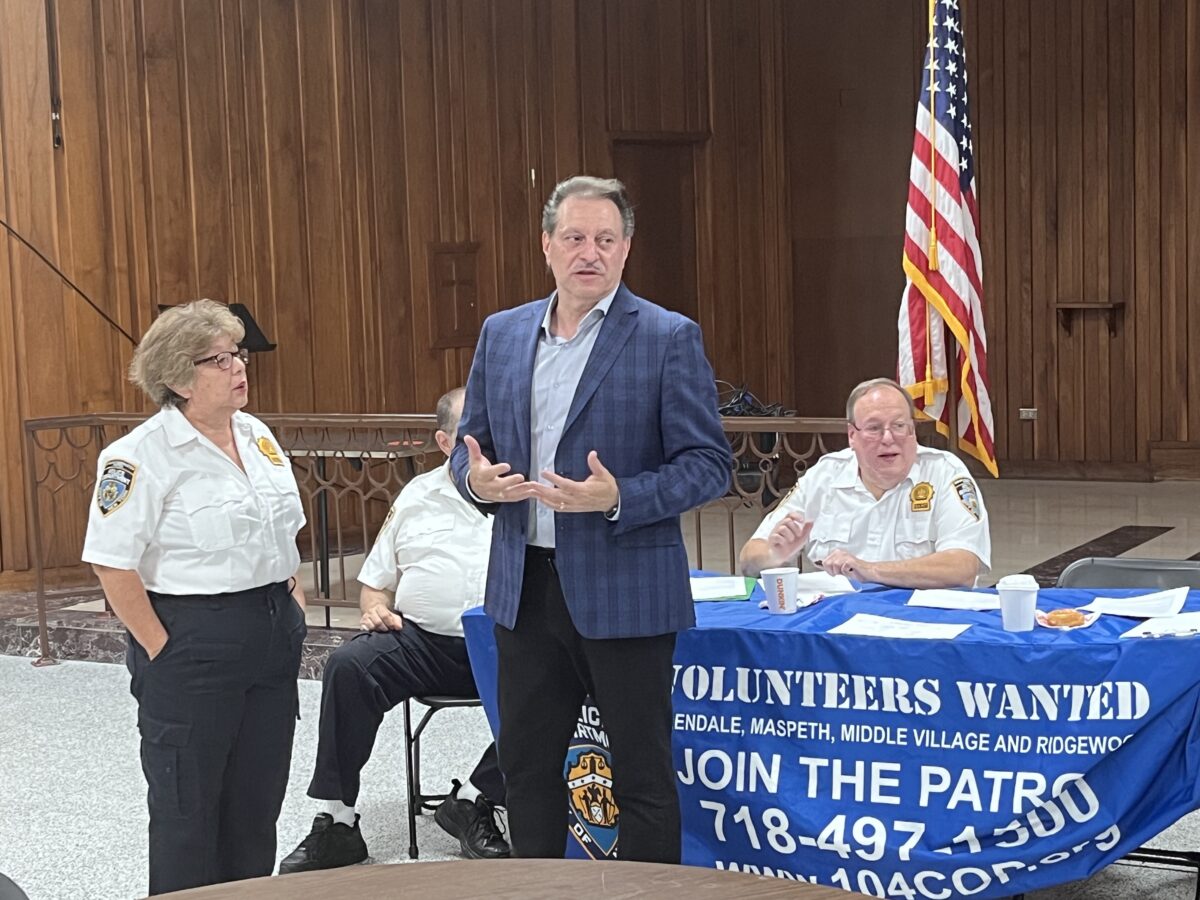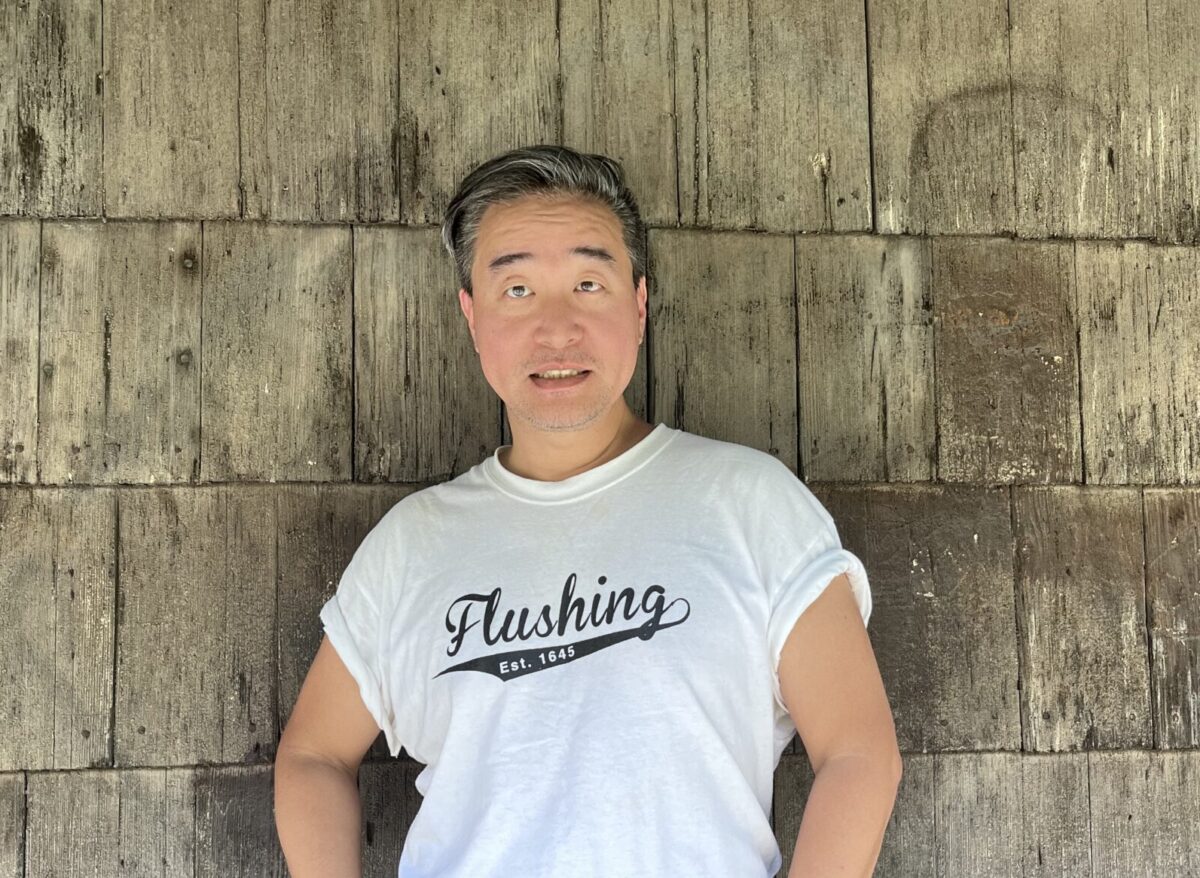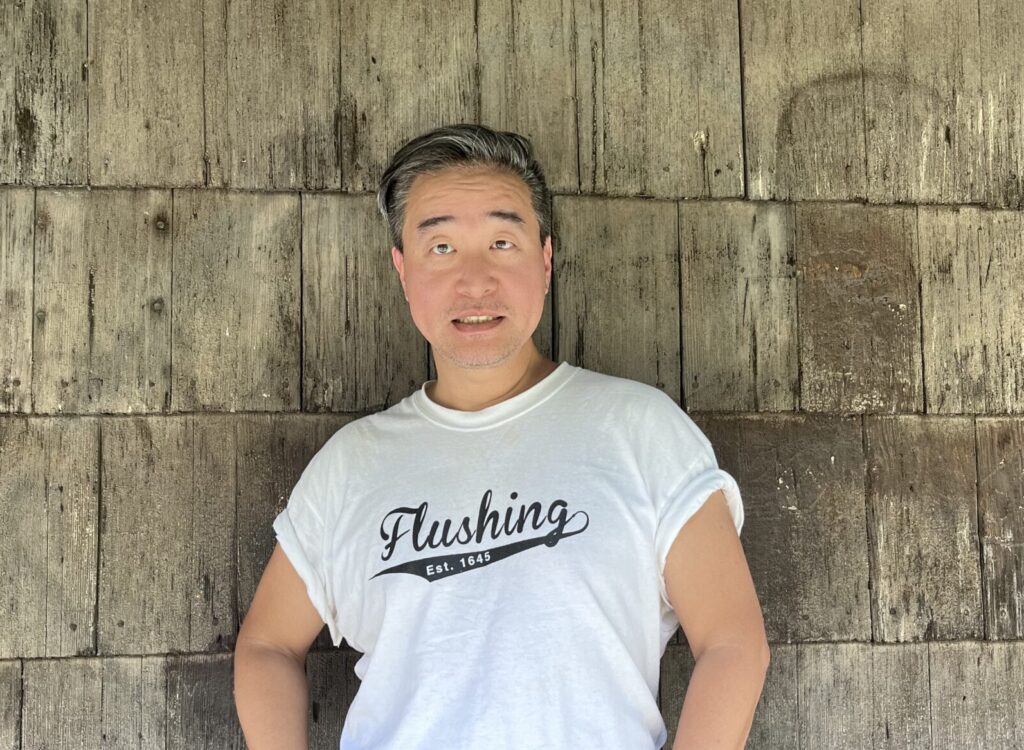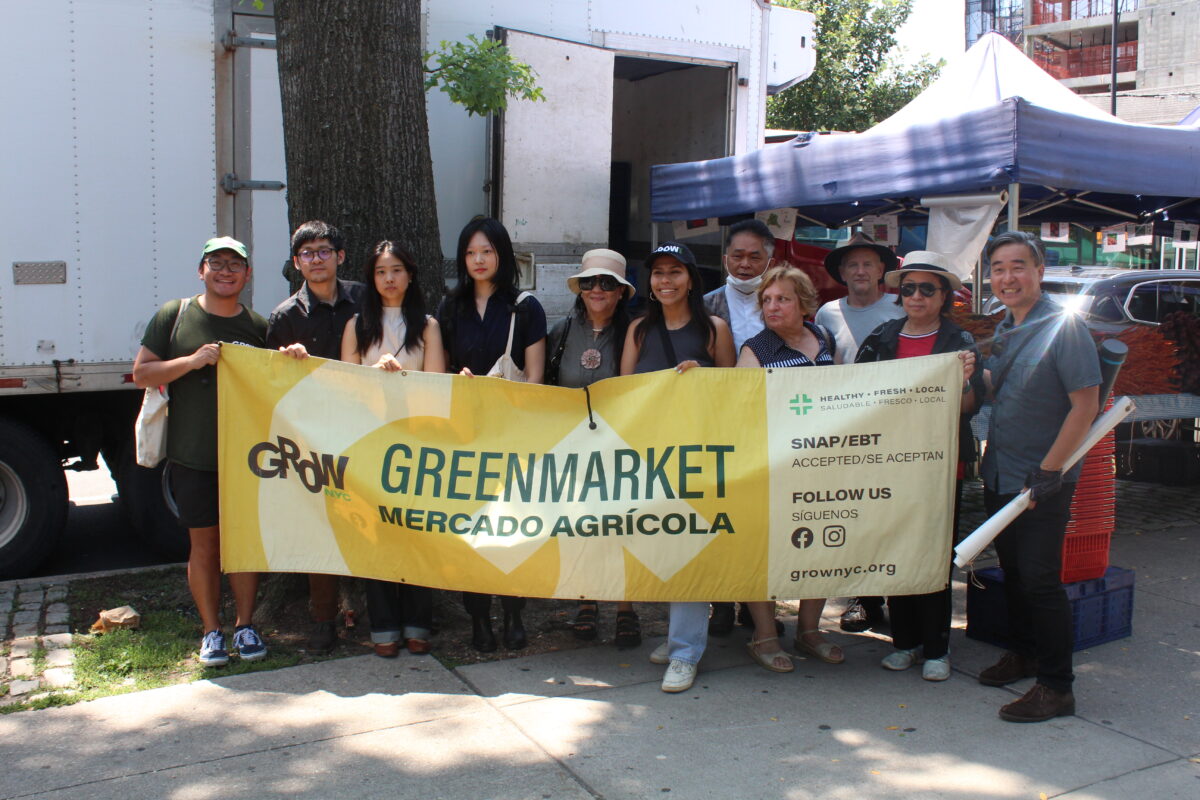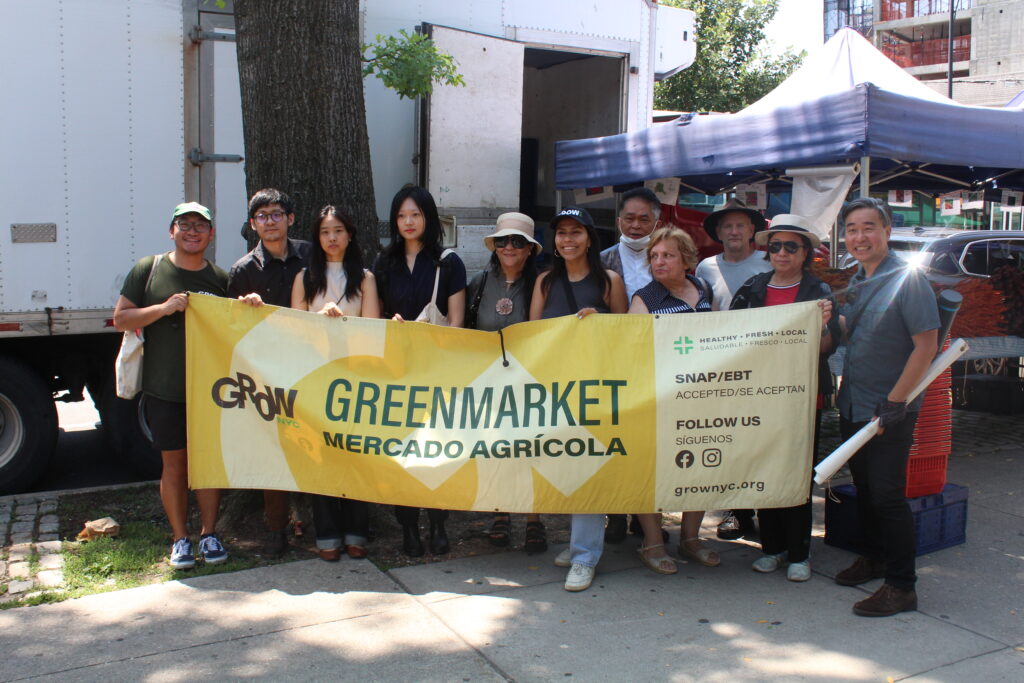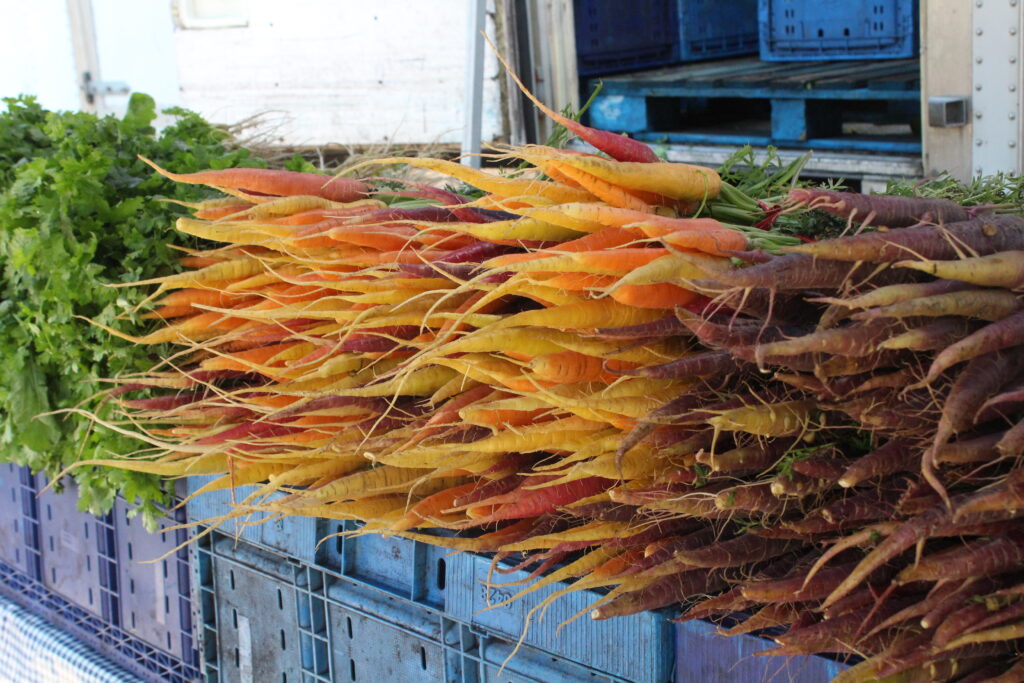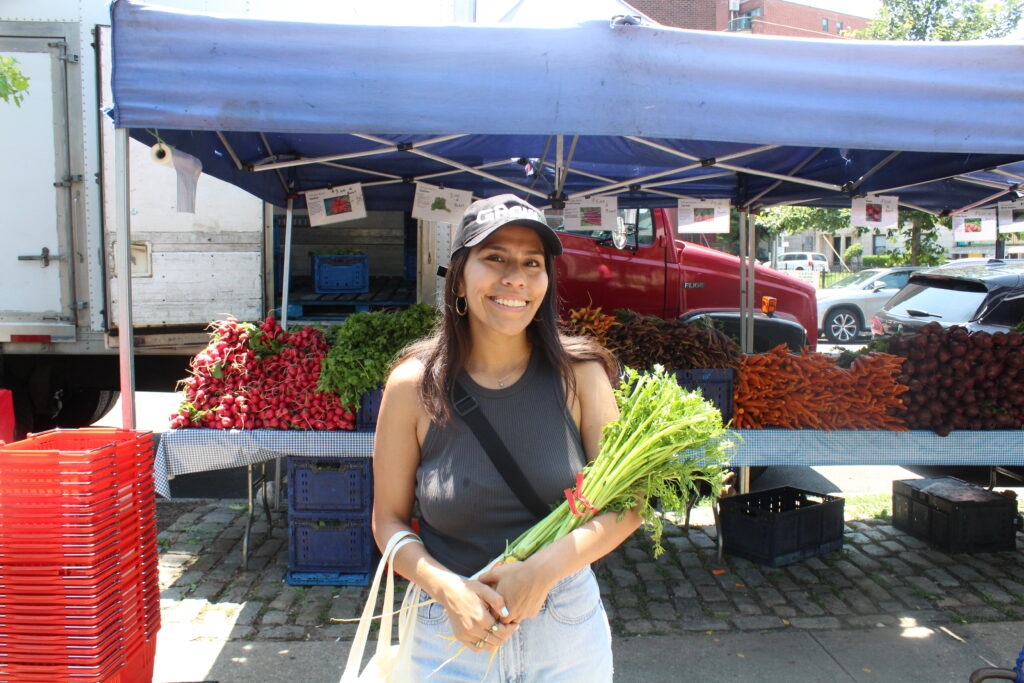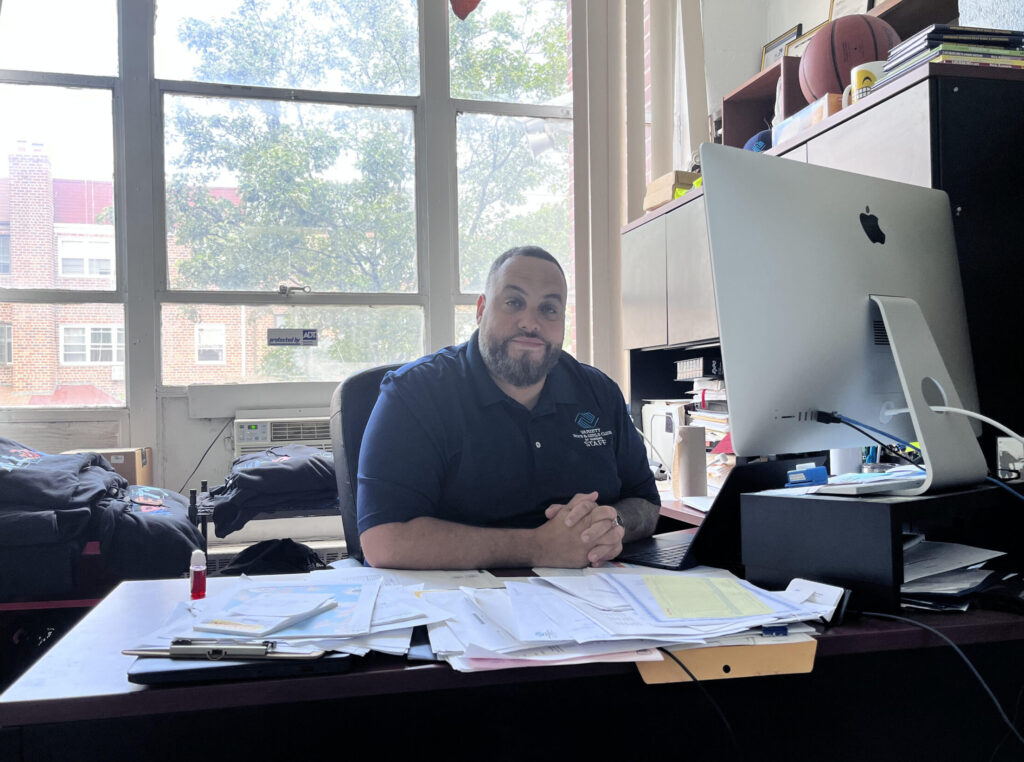
Andy Rodriguez, Executive Director at The Variety Boys and Girls Club
Clare Baierl | cbaierl@queensledger.com
Starting in July, the non-profit groups Queens Together and The Variety Boys and Girls Club of Queens, are partnering up in the creation of a new way to think about food insecurity.
Through a modern-take on current food relief, the program will provide a sit-down dining experience in some of the best restaurants in Queens to those in need. The pilot program, run by Queens Together, will run with a progressive mission that seeks to truly listen to the needs of their communities.
When thinking about needs that are in the forefront of the community, the list can be exhaustive. While New York is often seen as a city with a plethora of resources, access to these resources are where many residents get stuck, Andy Rodriguez, Executive Director of the Variety Boys and Girls club, explains. Not everyone has equal access to grocery stores, or governmental assistance is the same way, and this can be a way in which many residents will suffer.
“We don’t realize that there are some neighborhoods, even within this area, that don’t have a supermarket for 20 blocks,” said Rodriguez.
Rodriguez noticed through his day-to-day work that many families in the community did not have access to basic daily essentials like hygiene products and food. On top of that, with summer in full swing and schools shut down, some programs that feed children in the neighborhood become unavailable. One in four children across the five boroughs face food insecurity, according to a 2021 analysis by Feeding America, and unfortunately that is just the beginning. Many children that need access to free food programs have families that also would benefit from those same services. But in New York, the need outweighs the demand by a large number.
This is where the newly developed food relief program took an active approach to address this very issue in the community. Rodriguez, along with Jonathan Forgash of Queens Together are the passionate faces behind this new program.
Forgash, a chef of thirty years and an enthusiastic community-based leader, initially developed the idea at the beginning of the pandemic in March of 2020. Realizing the drastic need for food security in his neighborhood during this period, he began working with local volunteers to donate food to its residents through food pantries and drop-off centers. The program was fully hands-on, without a location, or any resources of their own.
Forgash led distribution of fresh produce through true community based kindness, from restaurants donating their time and space to help make meals, to strangers helping load and unload trucks from neighboring farms. As months went on, people began to notice his work in the community, having raised over 300,000 dollars in support.
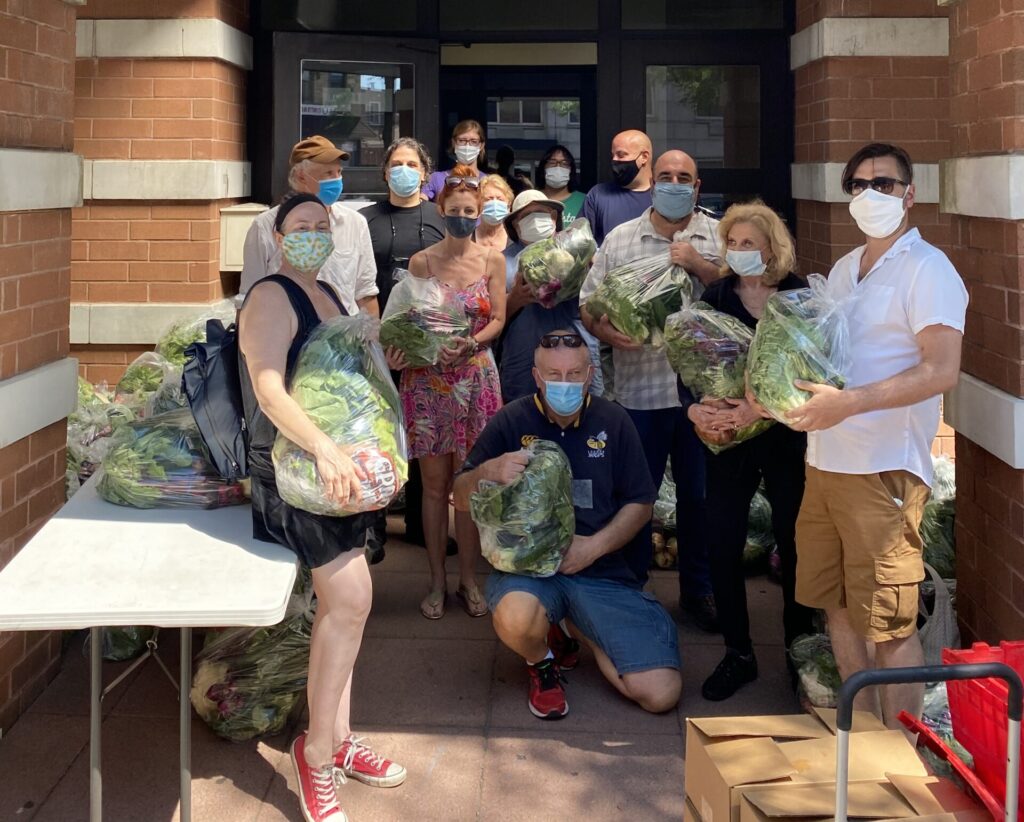
The Variety Boys and Girls Club collecting food during the pandemic
On the other end of the spectrum, sits Rodriguez, who originally noticed through his club the urgent needs of his members and surrounding community. Rodriguez, as director and member for over seven years at The Variety Boys and Girls Club of Queens, said he has always seen the value of community outreach programs, even participating in similar programs as a child growing up in the area. With his over 20 years in the nonprofit industry, it seems as though he truly recognizes the importance of valuing and listening to those directly affected.
The whole premise of the program is to try a new approach to feeding the community that promotes community and humanity for everyone involved. The program will allow families of four to come into a restaurant and sit down for a free hot meal made by those working within the local restaurants.
“Restaurants in some ways are the backbone of any small community. We’re a public meeting space. People come for good reasons and bad reasons, some sad reasons and joyous reasons. But who better?” Forgash explained. This idea to use the communal aspect of a sit-down restaurant is at the core of the program.
Too often, even within other non-profit organizations, people are not given access to spaces that allow them to congregate and eat together with their fellow community members, Forgash explained. This idea of promoting enthusiastic humanity through food is essential to the program experience.
“We can actually give these people a place to sit together like human beings, and share a meal… And not only are we going to feed them a good meal, but we’re going to help a small business make money and keep employees working,” Forgash said. This full-circle program promotes human-centered growth at every-level, not only helping those that need food, but also helping the local businesses that are involved.
The restaurants that will begin working with the program will not only be able to serve their community during their off-hours, earn extra cash flow, but also, gain valuable tools for growth. The program will provide these partnering restaurants with essential business promotion from a grassroots level, through press, community newsletters and an enhanced social media presence.
“Helping mom and pop businesses survive and thrive is one of the three ways to the middle class,” said Forgash. “We are literally feeding the community engine, with dollars, with food, with resources.” As Forgash emphasizes, helping local restaurants thrive is essential for community building from all levels.
The Bel Aire Diner, on 21st and Broadway, is at the forefront of this program’s mission and success. A family owned business for decades, currently run by Kal Dellaportas, was enthusiastic to join from the start. While they will get a small profit through participation in Queens Together, it won’t make up for all the labor and space they will provide, he said.
“We are going to provide an american-style meal, maybe meatballs or an open-faced hot turkey sandwich,” said Dellaportas. “We don’t want to do something like burgers and fries, where you could get anywhere,” he explained. The meals will start this July at the diner, Dellaportas noted. “I hope it’s a huge success.”
As both groups involved prepare for the opening of the program, community support will be essential on every level. Even though he is a member of the neighborhood, the program is new, and therefore from the beginning must establish itself as a reliable resource in order to thrive, Forgash said.
“We want [the community] to trust us,” said Forgash. “This is your organization. We exist for you.”
